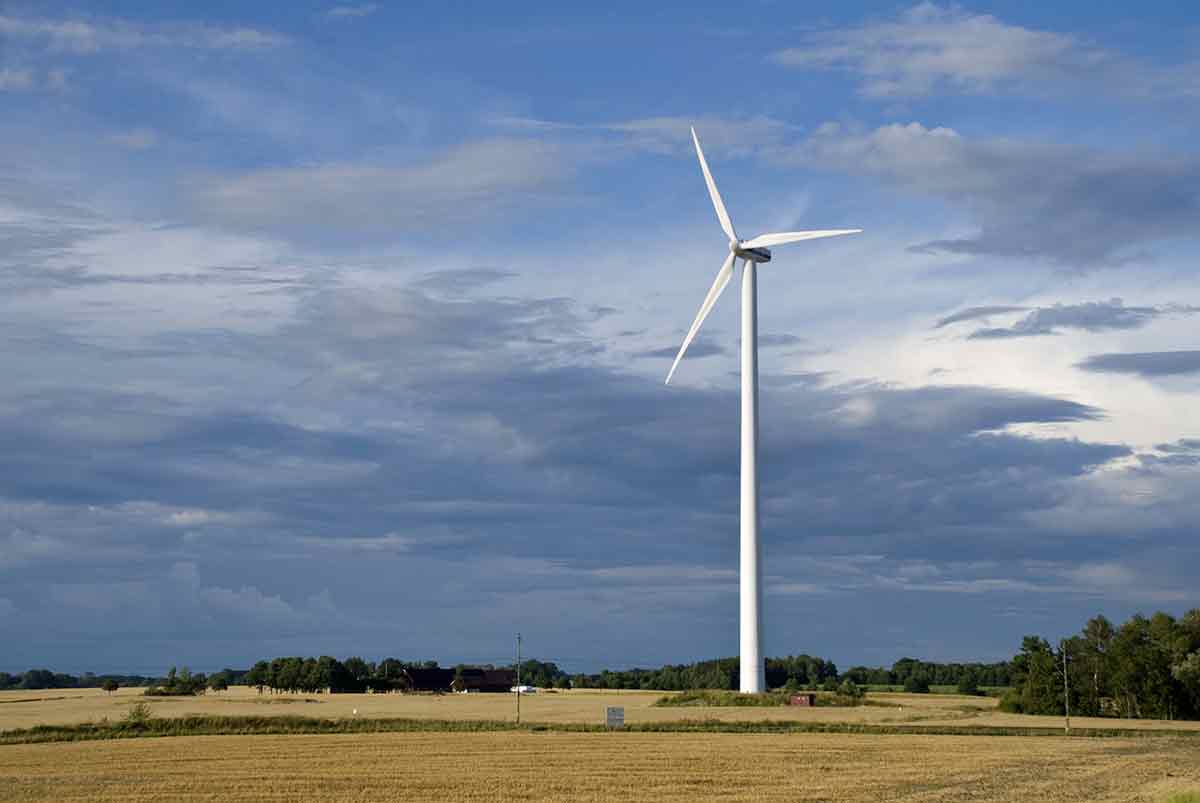
There likely won’t be any windmills on state game lands.
Photo: Pixabay
There probably aren’t going to be any windmills coming to state game lands going forward.
Probably.
But some Pennsylvania Game Commissioners don’t want to say never.
The commission has been approached multiple times over the years by companies wanting to build windmills on game lands. It’s reviewed each of those requests individually.
But in the end, the answer has always been no, said Pete Sussenbach, director of the bureau of wildlife habitat management.
The reasons are always the same.
“There’s always a large footprint on the game lands. There are always impacts to wildlife to one degree or another. And certainly there are impacts to our hunting constituents,” he said.
The most recent company to request use of the game lands was “rather persistent,” he added. That led to a meeting with state lawmakers.
In the end, those legislators suggested the commission adopt a formal policy outlining its stance on game lands and wind energy.
The commission is doing that. Staff will present the board with such a plan at their April 23-24 meeting. It’s expected to say the commission is not interested in wind power on its lands.
That’s just how many commissioners feel.
“I’m against it on our properties,” said commissioner Stanley Knick of Luzerne County.
Others agree. Mostly. But perhaps with exceptions.
Commissioner Jim Daley of Butler County said all habitats are important.
“But there are certain habitats that clearly, I think, are more important than others. Some have higher values than others,” Daley said.
A critical wetland or endangered bat hibernacula could be more valuable than rocky outcrop, for example, he said. To ignore that “would be wrong,” he said. So he’d be open to making trades with windmill operators looking to get on game lands.
“Our default may be, the answer is no. Unless, we’re finding an extremely valuable piece of land that’s being offered to us as a trade,” Daley said.
Commissioner Michael Mitrick of York County said he supports such trades, too. Commissioner Charlie Fox of Bradford County said he’d at least like to examine them, should they crop up.
“I don’t like saying no to a deal until I know what the deal is,” Fox said.
Commissioner Brian Hoover of Chester County has no such interest, though. He said windmill farms take up a lot of room, require daily almost maintenance – meaning workers would be traveling game lands even during deer season – and cause environmental damage that is “amazing” in its scope.
“To say that we’re going to trade the top of our mountain and allow you to put wind towers on the top of our mountain because the habitat is terrible is just a poor idea. It’s the worst idea I think I’ve heard,” Hoover said.
“I think our position should be no. We don’t need it, we’re not interested in it, and that would be the end of it.”
Commission president Tim Layton of Somerset County said he opposes wind mills on game lands, too. One reason is just how much land they gobble up.
“The footprint is huge. It really is. The amount of environmental impact around them is just incredible,” Layron said.
“It’s not like a well pad with an acre of land. This is miles and miles and miles of impact.”
Still, he said, adopting a policy that says the commission isn’t interested in windmills doesn’t mean companies can’t still come forward if they have a trade to offer.
That’s true, Hoover said. But he won’t be interested then either.
The Game Commission has a job, he said. Windmills aren’t it.
“We’re not out there to manage wind energy. We’re out there to manage our property for a specific purpose,” Hoover said.
Not windmills, but turkeys
White-tailed deer living in the suburbs can be problematic.
So, too, apparently can turkeys. And that led to a question recently.
Jim Daley of Butler County, a member of the Pennsylvania Game Commission board, asked if the agency is looking into developing an urban turkey management plan.
“I mean, it’s really becoming a problem in places like Allegheny County and southern Butler County. They’re literally everywhere,” Daley said.
The answer is no, said Mary Jo Casalena, turkey biologist for the Pennsylvania Game Commission.
The agency did, between 2007 and 2009, trap nuisance birds in Allegheny County and move them elsewhere, to lands open to public hunting, still within the county or wildlife management unit 2B, she said.
“That did work,” she added. “But we did find that public education was really more cost effective. It costs a lot of money to trap turkeys and move them.”
The commission found, too, that the problems were often caused by people. One neighnbor might be feeding birds that then roosted on the property of a neighbor who was less tolerant of them, she said.
The commission has since been trying to get landowners to work together to solve their problems. Often, she said, that means teaching them not to feed wildlife.








